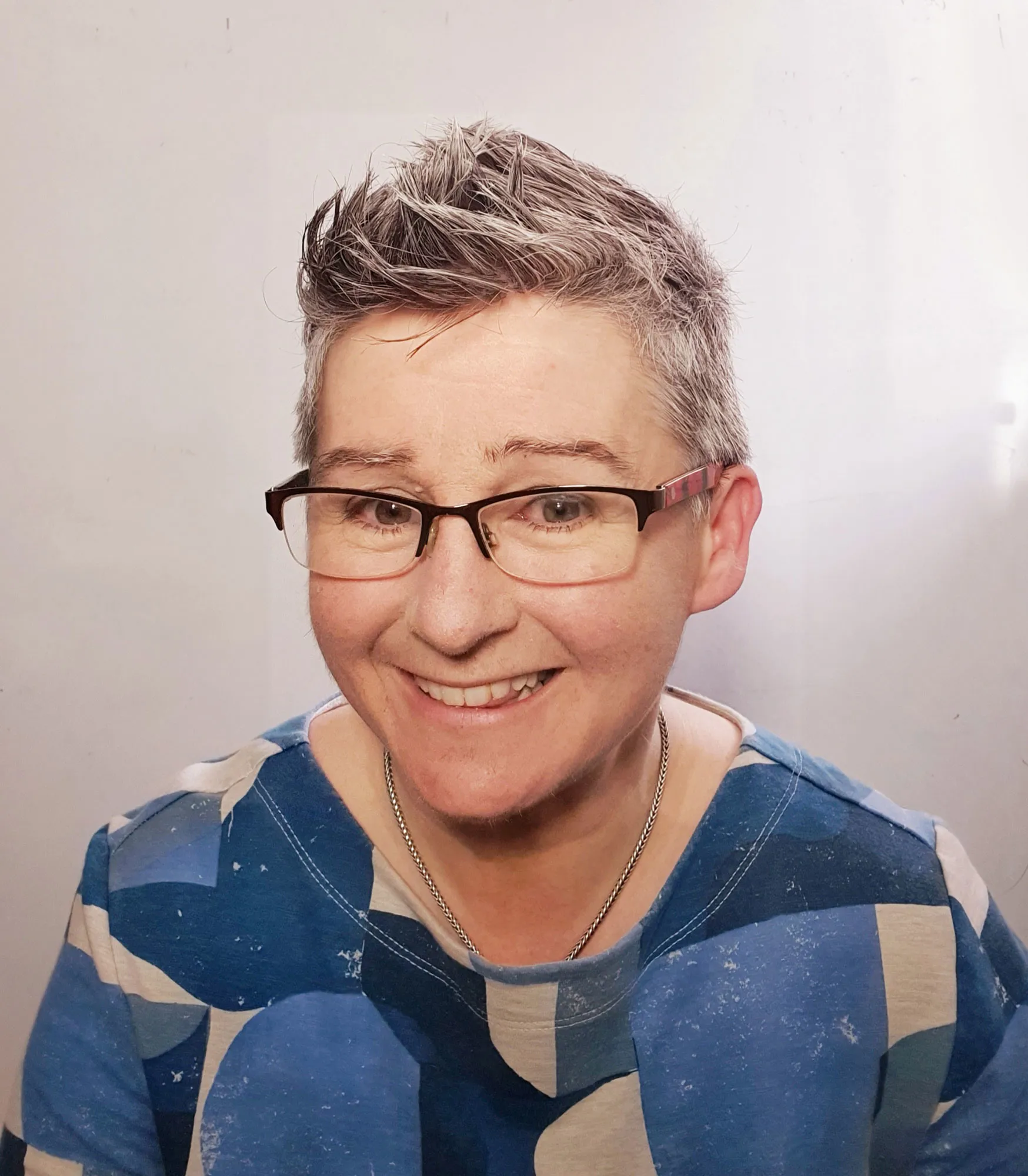Sam William’s story as a neurodivergent engineer
“I gave up being me in order to belong – now I’m no longer ashamed of who I am.”
There are an estimated 820,000 neurodiverse engineers working in the UK alone today.
Sam Williams CEng MIET was one of these people.
To mark Neurodiversity Celebration Week this month, we invited Sam to share her story of how she went from struggling with undiagnosed ADHD, to coaching and supporting others to overcome their own challenges and reach their full potential.
This article is taken from a conversation between Sam and Foothold – watch the interview here.
It’s not hard to see that Sam’s destiny as a professional engineer was obvious from a very young age.

“When I was about four years old, my uncle used to bring me old car radios to dismantle. At the time I wasn’t very good at putting them back together, but I started early.”
This childhood curiosity about how things are designed and constructed spawned a long and flourishing career as an engineer, which included 29 years in the Civil Service – but which also presented signs of her undiagnosed neurodivergence.
“I would describe myself as a ‘rubbish engineer’ because I couldn’t do detail,” Sam grins. “I was interested in patterns and people, always asking questions, and saw things differently to my colleagues.”
Even though her friends used to joke about her possibly having ADHD, Sam didn’t realise these characteristics were indications of her neurodivergence until she experienced the perimenopause in her forties – which can dramatically heighten the effects of ADHD symptoms.
And whilst she now recognises that her ADHD has given her many strengths that have supported her career, the challenges she experienced before her realisation had a profound effect on her confidence and self-esteem.
“Living in a neurotypical world when you’re not neurotypical can be beyond hard, and I spent a long time trying to be everyone else,” Sam admits. “I quickly learnt I had to behave a certain way in order to be accepted. Feeling like I had to be someone else took a massive toll on my self-worth.”
The turning point came when these challenges culminated in a major burnout at age 42, which left her struggling to function for three years. So, not long after she recovered, and armed with her new-found knowledge – and most crucially, acceptance of – her ADHD, Sam soon decided to transition from engineering into ADHD coaching, to help people like her facing similar situations to step into their power and reach their potential.
“It’s a blessing to me that I can support other people to become aware of who they are and help them learn different strategies that enable them to work with their ADHD,” Sam explains. “And I’d encourage people to check out Foothold’s Differently Wired Hub too – there’s loads of information on there about neurodiversity, and it’s still growing.”
Sam is now collaborating with Foothold to empower other neurodiverse engineers to thrive with life-changing neurodiversity support. You can access Foothold’s free Differently Wired Hub for information and advice, and engineering students and apprentices can apply for funding for a diagnosis and follow-up support.
